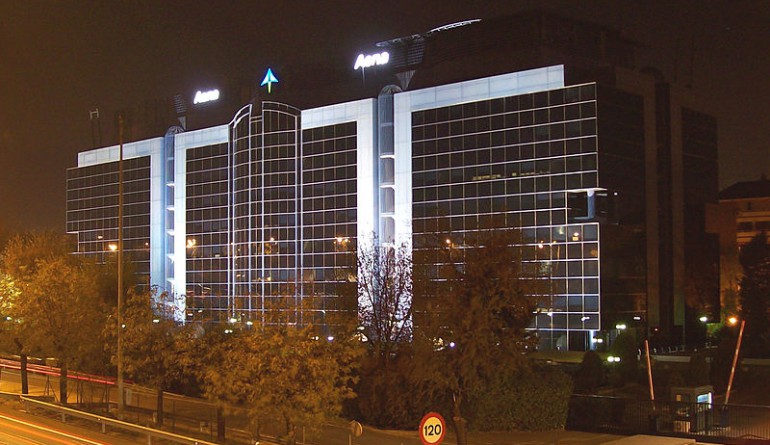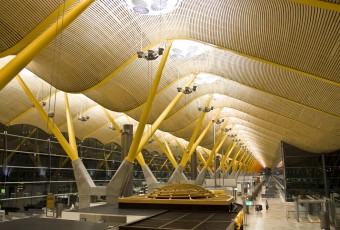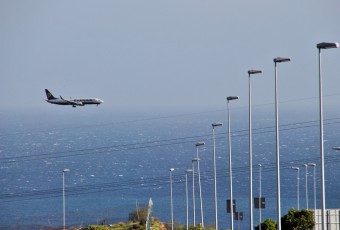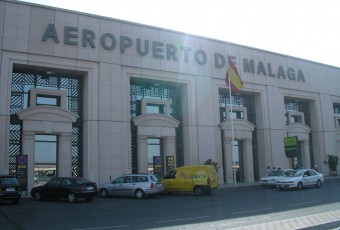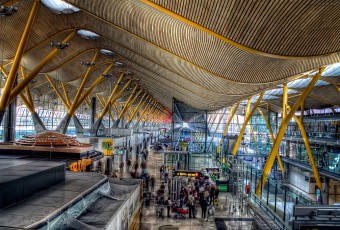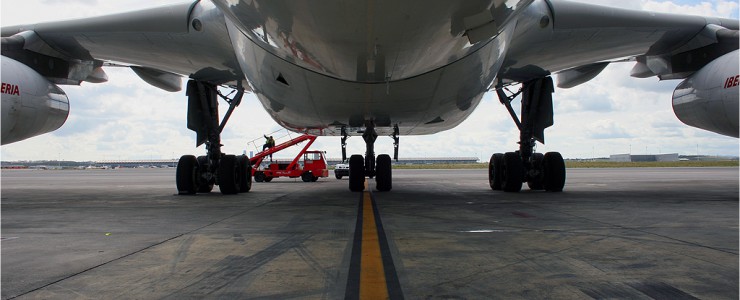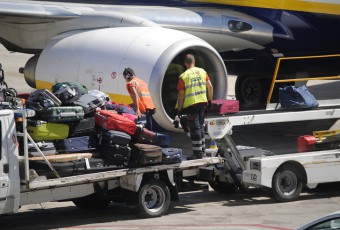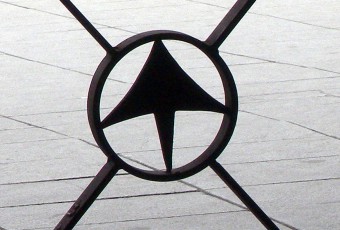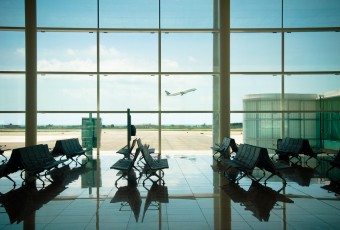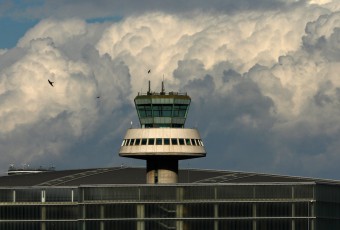The National Competition Commission, which had already expressed their concern about the Aena’s privatisation, has now published a report on Aena’s dual till model. In theory, the dual till is intended to separate the regulated costs from the ones which are a consequence of the commercial activities. However, Competition believes that the dual till implementation might lead to incremental costs which, in turn, would mean an increase in the airport charges.
On Monday, ElConfidencial published a comprehensive article about the report issued by the National Competition Commission. According to this piece, Competition intends to adjust the costs which correspond to the commercial activities and the costs which correspond to the aeronautical industry. The former are shops, duty frees, restaurants, etc. The latter are due to ground handling, safety and security, fuel and all the costs which are financed through the airport charges paid by the airlines. In Competition’s opinion, these aeronautical costs – the regulated costs – should have to be reduced by 100.1 million Euros. This means that “Aena would have to reduce this amount from their airport charges for the airlines to be able to offer lower fares”.
As expected, Aena made its debut on the stock exchange on February 11. We had been informing about the uncertainty in the Stable Nucleus that the Government wanted to have. In fact, out of the three core share holders that we were expecting, only TCI acquired their stake. Only within the first day, the price of the shares rose from 58 Euros to 70 (+20%), as explained by ABC. But, at this moment, it is over 90 Euros (+55%). Hence, the Competition’s report is a hard blow for Aena’s business with direct impact to its EBITDA (Earnings before interest, taxes, depreciation, and amortization).
During the month of April, Competition is expected to finalise a proposal which might mean a new confrontation with the Government. The Commission reckons Aena will have increased profitability 2.5% between today and 2018. Now the question is whether these benefits should be bound for the shareholders or if they are a starting point for improving prices in air transport.
In other news, EuropaPress informed on Tuesday that the Supreme Court rejected the interim measures that the local Government had requested. They had started legal actions against the partial privatisation, requesting that the airports of the Canary Islands were left aside in the privatisation process.
Photo: Aena offices in Madrid / Luis García – Wikimedia Commons


